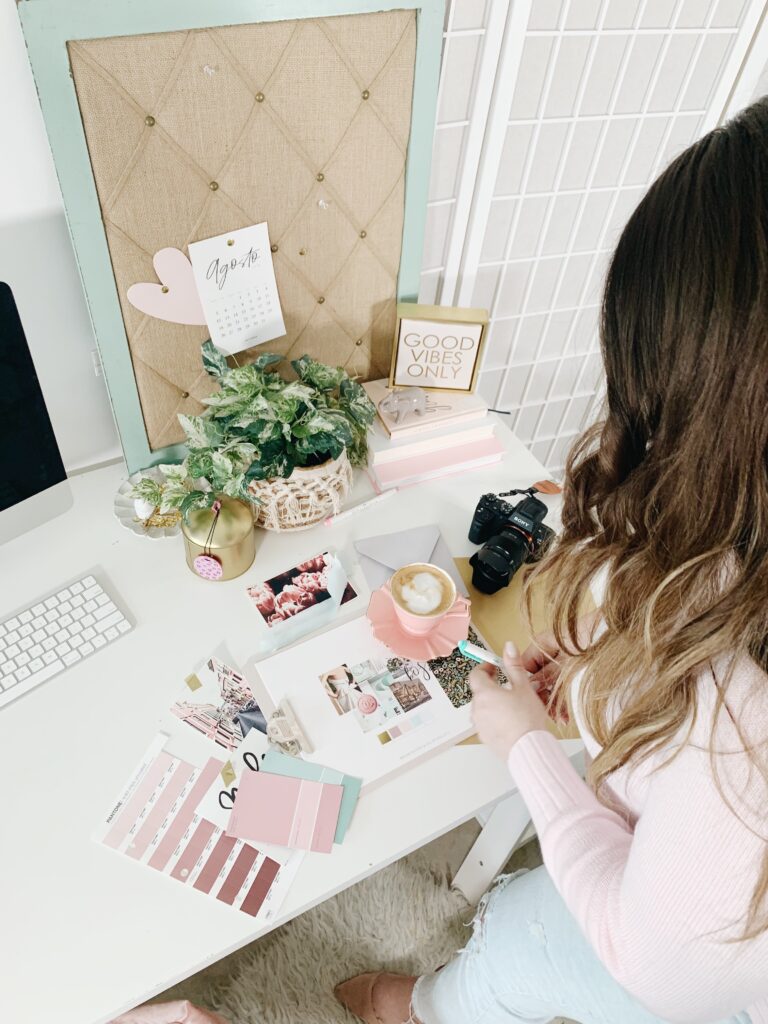11 Top Tips To Combat Mental Exhaustion

Mental exhaustion can definitely take its toll on a person’s wellbeing. In many ways it can be worse than physical fatigue as it can make you feel like you are failing on all levels, making you unable to think clearly or even find the right words creating feelings of frustration and stress. This stress caused by mental fatigue can then make you physically ill…. and so the cycle begins.
Mental exhaustion can happen as a result from conflict, lack of sleep, stress at work, family life, tough decision making or recovering from an illness. It can start as just feeling a little tired and spiral into deep depression quickly, so, how can we combat it?
Here are a few ideas to help relax your mind, heal your wellbeing and boost your energy.
- Sleep – Get plenty of sleep. Sleep is the body and mind’s way of healing itself and recovering from the day it’s just had. If you find it hard to drift off or stay asleep once you do, try a slow down bedtime routine. Maybe have a bath, a hot drink, turn off all technology an hour before bed, read a book, use dim lighting and just take some quiet time to get your body ready for sleep.
- Me Time – If you start to feel tired, bored or stressed, walk away and take some time out for yourself, even if this is only 10 minutes. Do something you enjoy, read, get a drink and sit quietly, write a journal, do whatever you need to do to spend some time just for yourself so you can refocus. If you have longer, try having a ‘Me Day’, maybe visit an art gallery, go and see a show, have a picnic, have a makeover or a spa day.
- Exercise Regularly – Sounds crazy to suggest exercise as a way of calming down but when you exercise your brain releases endorphins which are the ‘happy chemicals’ in your brain.
- Stop Thinking – If it’s stress about life, work, money or other people that is making you exhausted, then find a way to stop thinking about it and free your mind. Try a walk in the country or on the beach to blow away the cobwebs in your mind. Or have a movie night with all your favourite food. Whatever you need to do to stop thinking about the stressful situations.
- Write A Gratitude Journal – Being thankful for the little things as well as the big things in your life promotes positivity and positivity helps to combat mental exhaustion. Try writing a gratitude journal every day, you can find some helpful ideas on this in one of my earlier posts here.
- Declutter – Declutter your personal space helps you to declutter your mind. Even if you love to have a house full of bits and bobs, make sure your bedroom and your working space is decluttered, clean and tidy.
- Stop Procastinating – Procrastination means to put something off, or avoiding doing something. However it is scientifically proven that procrastination actually causes more stress as it taxes the brain and ends up prolonging the worry of doing whatever it is you need to do. So if you need to get something done, get on and do it!
- Be Organised – Where as decluttering your personal space helps to declutter your mind, you also need to do the same thing with your task list, meetings, important dates and filing. Why not keep a diary on your phone or a good old fashioned paper/book diary or planner and jot everything down so you can keep a record of all your dates. With your filing, rather than filing alphabetically, try filing your important documents by theme instead such as car, home, work, health, kids, school, insurance, money etc. This makes things much easier to find in an emergency situation.
- Take Frequent Breaks – If you have a lot to do, the worst thing you can do is do it all in one go. Section up your day and make sure you take breaks, and if you can get up and move around. These breaks will help you keep focused and help prevent eye strain, muscle stiffness as well as mental exhaustion.
- Say No – Learn to say NO to certain people and situations. You cannot do everything and you really don’t want to make yourself ill, so start saying no. Your mental wellbeing always comes first.
- Give Yourself Permission – Allow yourself to relax. Sounds so simple but it is probably the hardest thing to do on this list. Give yourself permission to do the things on this list and tell yourself it is OK to take breaks, it is OK to say no and it is OK to think about your own wellbeing first!
These are just a few ideas and you will come up with your own strategies eventually to help combat mental exhaustion so whatever you do, keep doing it. Work out what works for you and make sure you always take time for yourself. Your mind will thank you for it!
































